Pizza Pilgrims founders saw the light on a visit to Naples
In 2011, Thom Elliot and his brother James both knew they wanted to leave their jobs in, respectively, advertising and television. Having grown up with publican parents, they had discussed opening a pub many times, but “we needed £250,000 to do that and we didn’t have it”.
Thom even applied to medical school despite being afraid of blood. But the light-bulb moment happened for James, now 38, when “I was standing in a car park in Peckham [in south London] looking at the queue for Yianni [Papoutsis]’s burger van, an old ambulance, and thought: ‘We can do street food on a tiny budget.’ ”
Papoutsis, who turned his original burger van business into the MEATliquor restaurant chain along with co-founder Scott Collins, was one of a group of street food entrepreneurs who tapped into a growing desire among young people living in London to eat well on tight budgets in the wake of the financial crisis.
“I think 2009 to 2012 for food in London was like 1963 to 1969 in music,” said Thom, 40. “So many great businesses that have gone on to grow much larger started then.” These include the Bombay-inspired Dishoom, the restaurant and coffee business Caravan, and Flat Iron, the chain of steak restaurants.
“Suddenly the most exciting food was a [steamed] bao bun eaten standing in the street, not in a restaurant with white tablecloths,” added James.
It took time, however, for their vague idea to become Pizza Pilgrims, the chain that is about to open its 25th restaurant and had revenues of £28.7 million and pre-tax profits of £714,000 in 2023. Revenues are said to be up 20 per cent in the year to the end of June 2024.
“We had an image of a Piaggio Ape tuk-tuk [a three-wheel motor van] with a pizza oven on the back, and the original business idea was that people would hire us to go to weddings and events with it,” said James. But they were aware that they needed to learn a lot more about making pizza, so James pitched an idea for a journey through Italy in an Ape to the TV production company for which he was working. This was accepted and the brothers duly arrived in Sicily in the summer of 2011 with a TV crew, to buy the vehicle and start filming.
One of the stops was Naples, where they ate Neapolitan pizza for the first time. The brothers decided there and then to adopt the formula for their business.
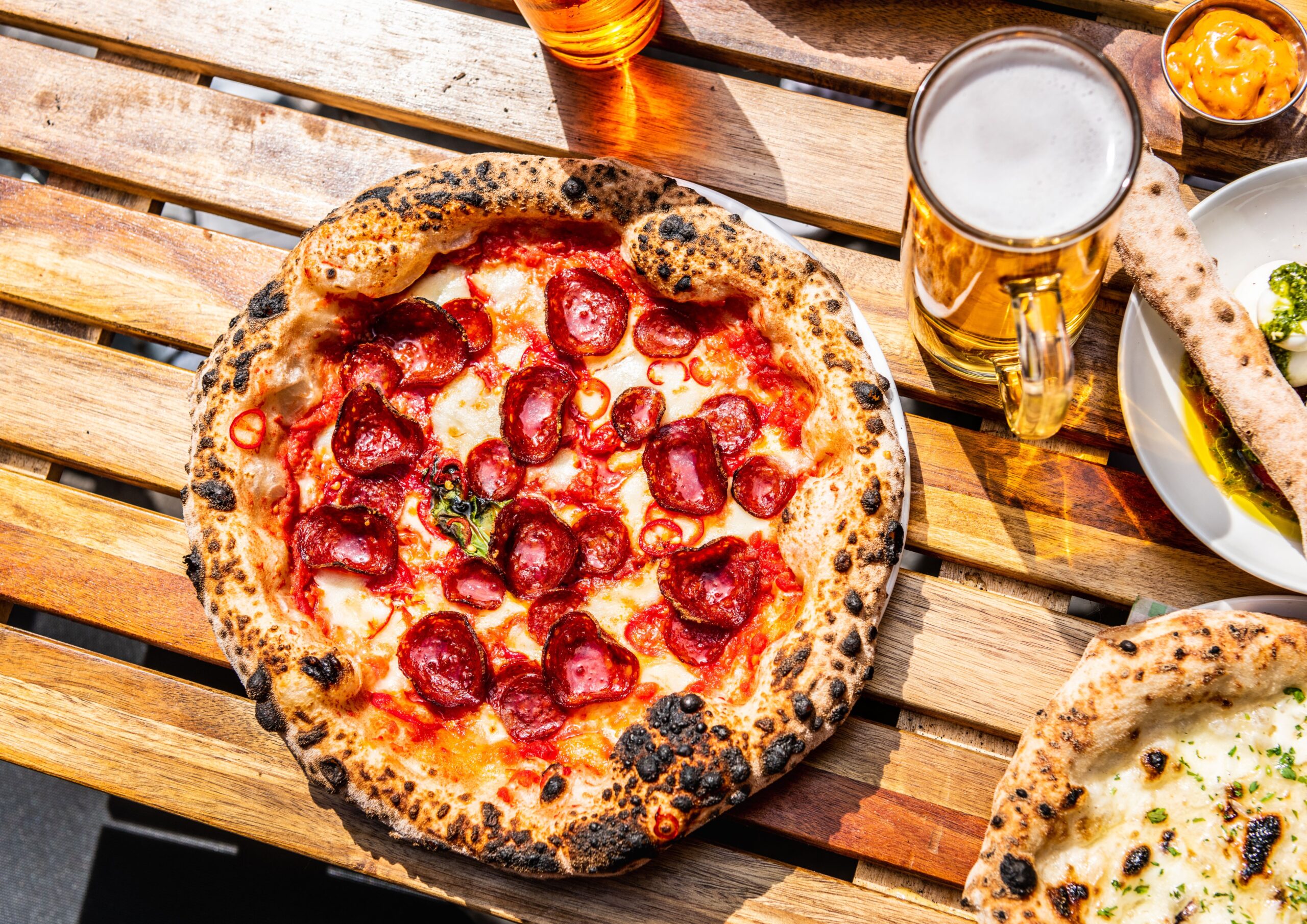
The journey was “an amazing adventure, and the documentary was actually shown on the Food Network,” said James. But the brothers knew that one of them would have to keep earning in their day jobs because, at that stage, the new business could not support them both, so they bought the equipment they needed to get started — an Italian stone oven in the van — on a credit card, and Thom went back to work in advertising. Meanwhile, in addition to making pizza at events and selling the food from the Piaggio Ape, James ran a stall on Berwick Street market in Soho, which was close enough to Thom’s office that he could come and help with the lunchtime rush.
“From starting in 2012, we were a street food business for a year to 18 months, and we earned our stripes as market traders by doing a full winter on Berwick Street,” said James. But they were paying themselves just £100 a week and knew that if they wanted to create a business where they could both afford to work full time, the next step had to be to open a proper restaurant.
“It was the gloriously early, naive days of Instagram. We decided to send a message to Russell Norman [the restaurateur, chef and author who died last year] and asked if we could buy him a coffee and talk to him about how to open a restaurant,” said James. Norman recommended a site on Dean Street that was too small for Polpo, his business at the time.
The brothers agreed that the Soho site was right for them but they needed outside investment to take it on, so they raised £250,000 by selling a 30 per cent stake in Pizza Pilgrims to a group of 15 investors, then spent £150,000 to lease the site and £70,000 on the fit-out, with £30,000 left over for all the other costs.
“It was done on such a shoestring,” said Thom. “James and I painted the place and we used the tables that belonged to the Indonesian restaurant that had been there before, covering them with green and white tablecloths to make it look like a pizzeria. We had no walk-in fridge in the kitchen and no air-conditioning — so when we opened in August 2013, it was 35 degrees in the restaurant. We got two-star reviews from the Evening Standard and Metro [London newspapers].”
But they persevered and a year later were approached by the West End landlord Shaftesbury Capital about opening a second, larger restaurant in nearby Kingly Court, off Carnaby Street.
“We initially turned it down because it was close to our existing restaurant,” Thom said. However, their investor group encouraged them to take the chance, and the site is still Pizza Pilgrims’ busiest outlet.
“I would say that was the first time it felt like a business,” said James. The two restaurants were profitable and when they opened a third site 18 months later, in Exmouth Market in north London, they paid for it from the company’s own cashflow.
“I hate borrowing a tenner and felt uncomfortable about taking on debt,” said Thom.
“Because we were born from street food, we had a frugal mindset,” said James. “Street food businesses make it work by putting up a gazebo with fairy lights round it. If you suddenly had loads of money to play with, it would end up feeling corporate instead.”
James has responsibility for the restaurant fit-outs and buys the tables and chairs from a second-hand furniture dealer in Nottingham. He also ships posters and other knick-knacks back from Naples on bi-annual trips to the city with the company’s chefs, some 80 per cent of whom are Italian.
The brothers did take out a loan to open their fifth site and, in 2017, sold a stake to a firm that manages a private family’s wealth; this is now their biggest single investor. In 2021, Pizza Pilgrims sold a further 8 per cent stake to the private equity firm Imbiba for £3.5 million, as the business recovered from the impact of Covid lockdowns. The brothers now own “just short” of majority ownership but have retained the deciding vote in board decisions.
As well as its London restaurants, Pizza Pilgrims has opened in Leeds, Nottingham, Brighton, Cambridge and Cardiff. A stint in Oxford did not prove successful and that restaurant has now closed, but the brothers say they are looking for a new, better located site in the city.
The Elliots acknowledge that the pizza market is crowded but put the success of their chain down to two main attributes. The first is an “obsession” with importing the key ingredients of flour, tomatoes and mozzarella from Neapolitan suppliers; the second is treating their staff well in order to retain them. “We have a five-year club with 43 staff members in it, and a ten-year club with seven people, which is pretty good in the restaurant business,” said James.
The company also aims to appoint 65 per cent of its managers through internal promotions. It appointed an experienced restaurant-chain director, Gavin Smith, as operations director in 2020, and he is now managing director. Finance director Sophie Gilchriest has worked for Pizza Pilgrims for a decade.
“We worry about being founders who get in the way,” said James. “We know when to step aside and let someone much better at that particular job take over.”
High Five

My hero … Thom: “[Sir] John Timpson. We spent a day with him about five years ago and I admire everything about his business ethos, and the way he obsesses about the team.” James: “Not a business hero, but Billy Connolly. He brings his sense of humour to everything he does, and I think that’s essential to running a company well.”
My best decision … James: “Starting Pizza Pilgrims with Thom. We’re brothers but we have very different skillsets, so we were each going into business with someone who has the skills that we don’t have, filling in the gaps. I also trust him entirely.”
My worst decision … James: “When we opened on Dean Street, buying six fridges off the back of a lorry from a man named Skip — they all stopped working within a day. Then we were so desperate that we had to call him and order six more. In restaurants, always spend money on anything that makes food hot or cold.”
Funniest moment … Thom: “In the early days, we were making pizza in the VIP area of a 1980s throwback festival. We gave all the pizzas ’80s popstar names, including the Cheese-ney Hawkes. And then at one point I looked up and saw that the next person in the queue was the actual Chesney Hawkes. He ordered one — and I still have a picture of me and him with it.”
Best business tip … Thom: “You must be willing to take a risk. It always surprises me how many people think they can start a business without taking any risk. They think they’re going to keep working as a lawyer until they’re making a £100,000 salary from the start-up. When we were paying ourselves £100 a week, we learnt to barter — a pizza for a pint, three pizzas for a haircut. I also could not have done it without my wife, who was working full-time throughout.”
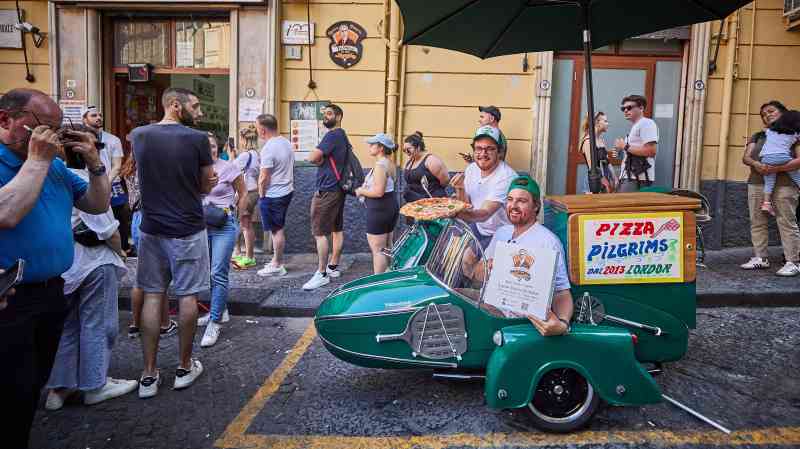
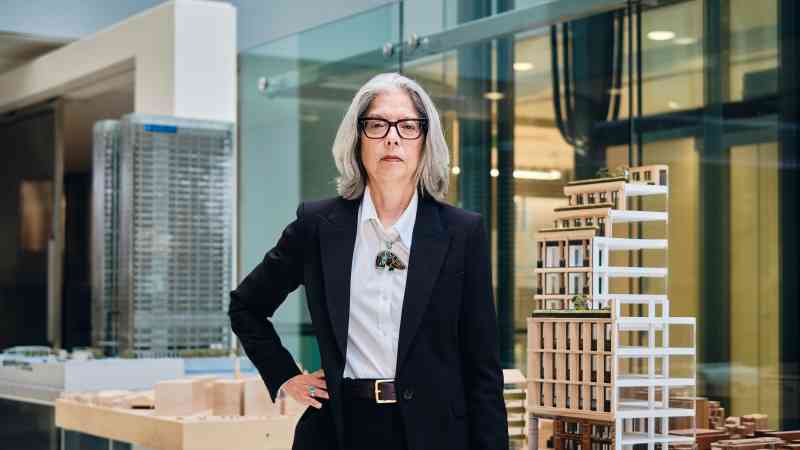
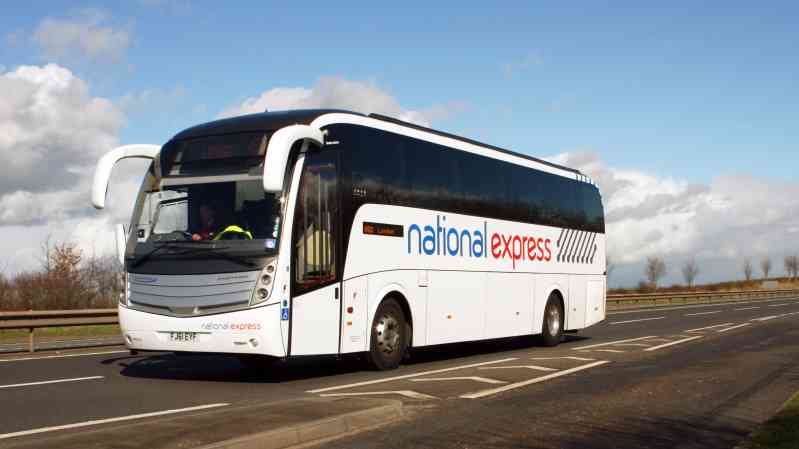
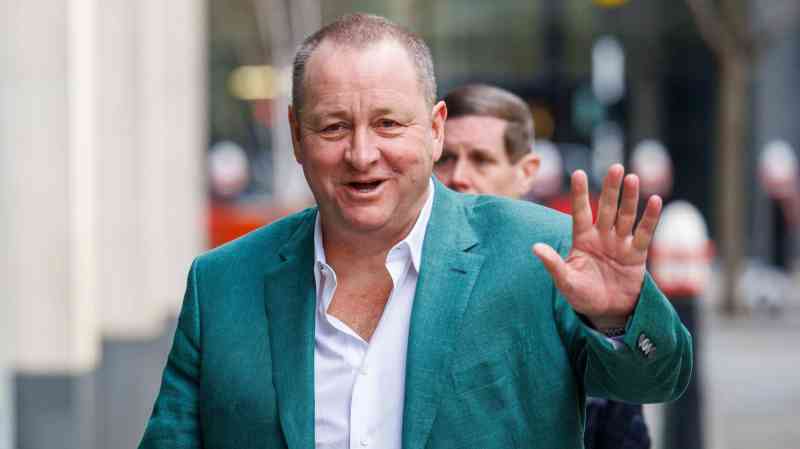
Post Comment